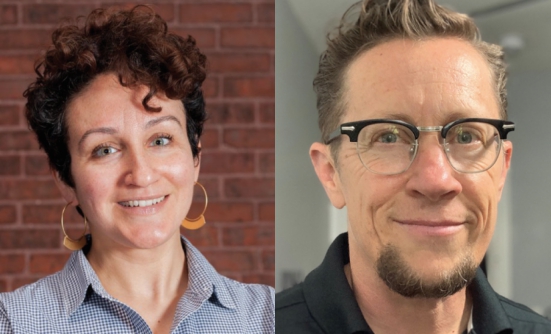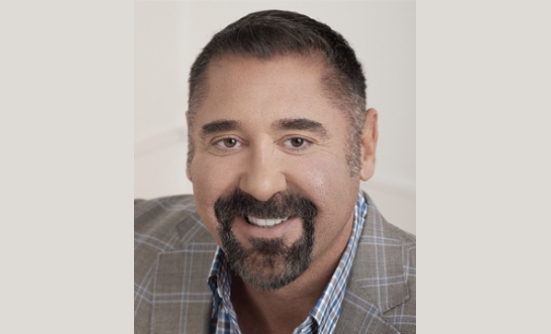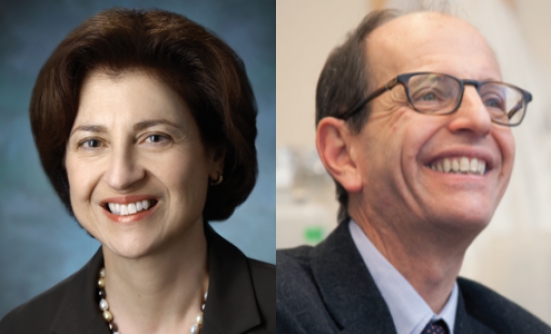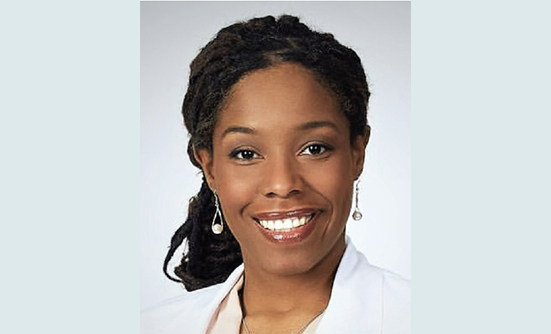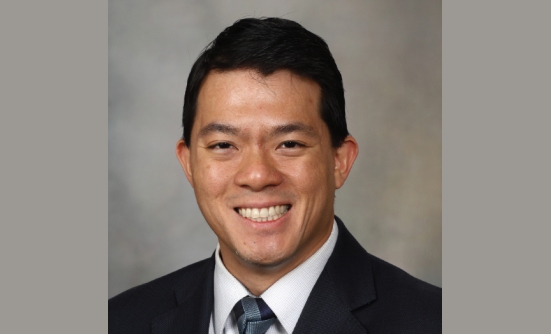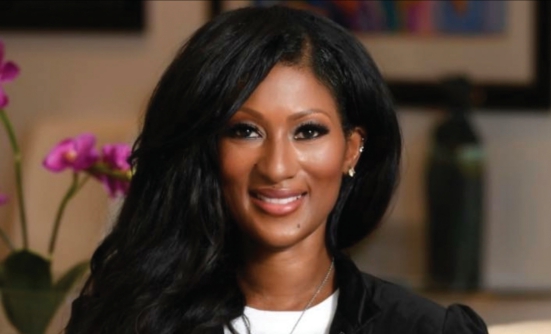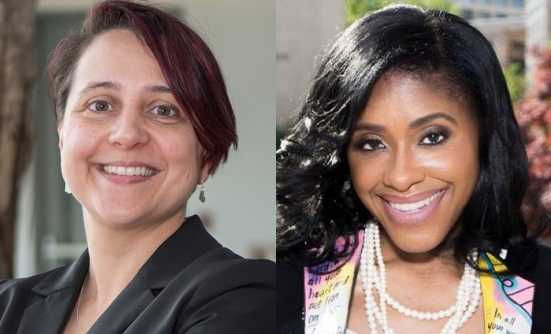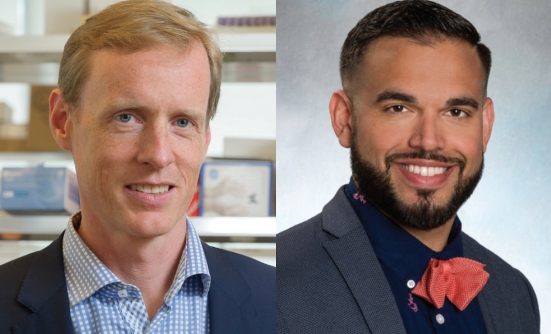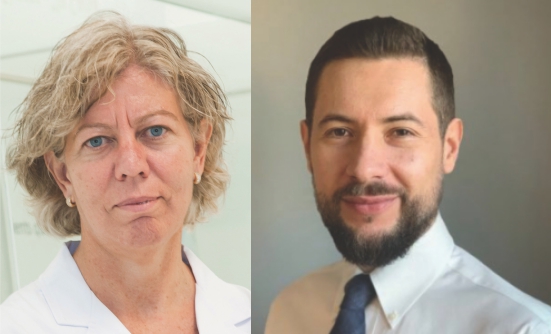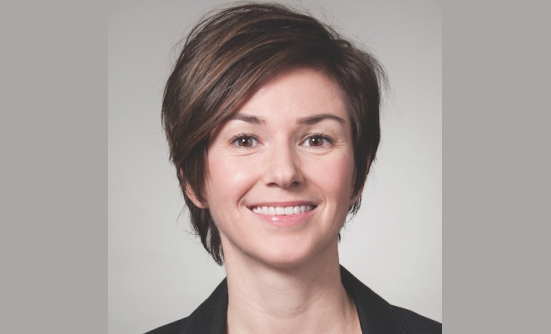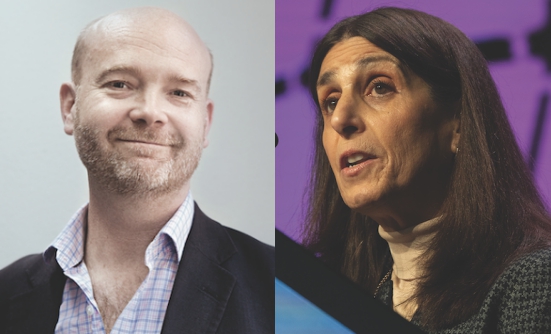According to the National LGBT Cancer Network, approximately 1 million Americans identify as sexual minority LGBTQ cancer survivors. In October 2021, the FDA convened a panel for an online discussion, titled “Conversations on Cancer,” to address disparities in cancer care faced by LGBTQ patients with cancer of Latin descent.
Research shows that many issues faced by this community may contribute to an increase in several types of cancer, higher mortality, and lower satisfaction among LGBTQ cancer survivors of Latin origin compared with other cancer survivors.
The panel included patients, oncologists, and researchers who discussed the gaps in cancer care and ways to improve equity by addressing the need for diversity and inclusion surrounding sexual orientation and gender identity within the US Latin community.
LGBTQ Survey: Gaps in Cancer Care
In June 2021, the National LGBT Cancer Network released the largest survey of LGBTQ cancer survivors,1 which was an update of the first survey conducted 5 years earlier. This updated survey included more participants and a more diverse population compared with the earlier survey.
More than 2,700 people responded to the survey across the United States. About 6% of the respondents identified themselves as LGBTQ of Latin descent.
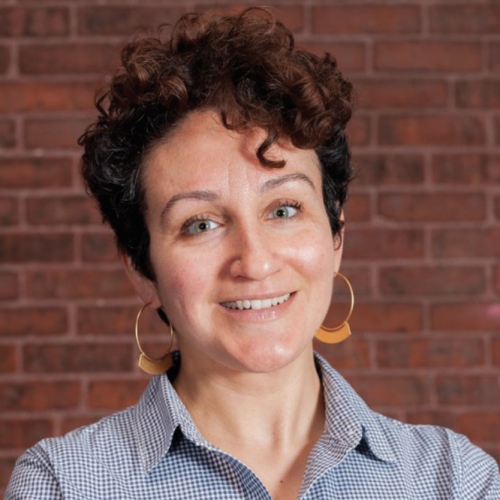
“The survey results showed that anyone living at the intersection of being a member of the queer community, and then also racial ethnic minority, generally had poor experiences in their cancer care; they were more likely to have delayed screenings to begin with, so less likely to receive scheduled cancer screenings even before their diagnosis,” said Michelle Veras, MPH, Projects Director of the National LGBT Cancer Network.
“We see lots of gaps, not only when people enter care, but also when moving on through survivorship,” she said.
What Survey Respondents Said
The National LGBT Cancer Network outlines several common themes that the survey revealed:
- First, although many respondents reported welcoming care, others talk about searching to find care that is welcoming to them, and that the welcome is more fragile if you are gender nonconforming, and a person of color.
- Second, social isolation is a particular challenge for the LGBTQ and the minority communities; the stories of additional isolation during COVID-19 were profound and disturbing.
- Third, few LGBTQ members have access to appropriate resources during their cancer journey. Exceptions made during COVID-19 to the care patients receive helped modestly to expand those resources, but these exceptions may not last forever.
- Finally, cancer care providers treat LGBTQ patients poorly in several ways, and that leads patients to wonder about how implicit bias may be affecting the care they receive for their cancer.
Olga Serrano, a breast cancer survivor, said, “In my experience in Puerto Rico, from the LGBTQ perspective…you feel afraid to go to certain doctors for your checkup. Because you don’t identify as a woman, for example, you struggle going to a gynecologist for your checkups and your routine medical work-up.”
Ms. Serrano said that fellow members of the LGBTQ community who have cancer or are cancer survivors have expressed worry about being judged or discharged, because of their identity, although her own personal experience with breast cancer was positive.
Many cancer survivors who responded to the survey made suggestions on how to improve the welcome to the LGBTQ community, such as, “Place visual cues that your clinic or practice is a safe place....These can be in the form of an HRC sticker or a rainbow sticker, or even on your intake forms: they should be inclusive of all genders and identities. Set up gender neutral bathrooms, and when told preferred pronouns and names, use them. Do not assume.”
Another comment was: “I am a non-binary person who had breast cancer and would prefer terms like ‘chest’ instead of breasts, and ‘people’ instead of women.”
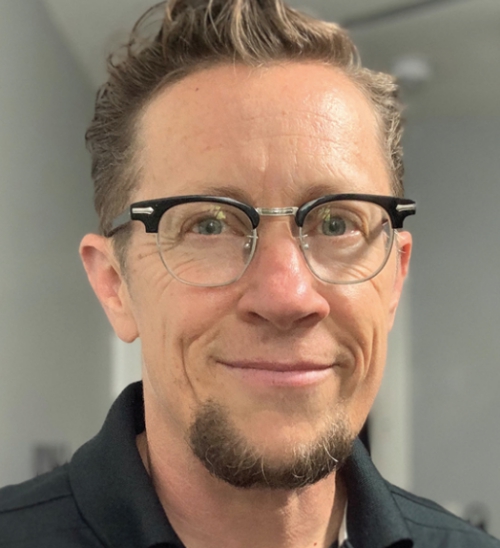
In a press release issued after the meeting, Scout, MA, PhD, Executive Director of the National LGBT Cancer Network, noted, “As a trans man myself, I admit I live in fear of needing intensive medical care. Will I be respected if I am too weak to advocate for myself? The fact that more cancer centers are reaching out for training and to do community engagement gives me hope. Considering that 40% of us will face a cancer diagnosis at some time in our lives, this is an issue many of us will be facing.”
Training Doctors on Interacting with LGBTQ Patients
The need for doctor education to improve these interactions was a major topic at the panel discussion. Doctors should be encouraged to move beyond making assumptions about the patient, to foster an encounter between the doctor and the patient that is less intimidating, said Loriana Hernandez-Aldama, an Emmy award-winning journalist who was diagnosed with acute myeloid leukemia in 2014 and later with breast cancer.
Ms. Hernandez-Aldama mentioned the difficulty that providers had talking about sexuality and intimacy with her, as she was going through her cancer treatments. Although not a member of the LGBTQ community, she advocates for allocating some resources to addressing the needs of LGBTQ patients across the entire cancer journey, from cancer screenings to ensuring that patients remain in care during their survivorship.
Karen Winkfield, MD, PhD, a radiation oncologist and Executive Director of the Meharry-Vanderbilt Alliance, presented the healthcare provider perspective about the need to capture data related to sexual orientation and gender identity to understand disparities in care. She referred to “cultural humility” as an awareness among all healthcare providers “about the importance of being inclusive in the way that we approach communities.”
Historically, research into addressing disparities among the Latin LGBTQ community has been limited, in part, because sexual minority status has not been included as part of the medical record, said Marc Puccinelli, PhD, of the Department of Psychology Health Promotion and Care laboratory, University of Miami.
Alluding to Dr. Winkfield’s point, Dr. Puccinelli said that the available research shows that even 1 or 2 negative or stigmatizing interactions between members of the LGBTQ community and healthcare providers can lower the likelihood of follow-up appointments or cancer screenings, leading to delayed care, poor patient outcomes, and poor quality of life.
“Even those single encounters are important,” Dr. Puccinelli said. “I think provider training is a hugely important area to focus on going forward.”
Some Positive Changes
Support for the transgendered community translates into patient adherence to follow-up appointments with their care team, Dr. Winkfield said. She noted that Case Western Reserve University has an LGBT Center that creates networks of LGBT-friendly providers, including the LGBT Pride Clinic and the Cleveland Clinic’s Center for LGBT Care, to ensure positive interactions between patients and doctors. It has on-campus health resources and transgender health benefits and provides birth control options for the LGBT community.
“This survey has some really positive news,” Dr. Scout observed. “For example that many people can get to welcoming cancer care. It also has some very clear areas where the healthcare industry needs to listen and act; for example, how frequently LGBTQIA+ people want tailored resources, and how often we can’t find any.”
Reference
- National LGBT Cancer Network. Groundbreaking LGBTQ cancer survey report released first of its size report gathers data from LGBTQ cancer survivors. June 30, 2021. https://cancer-network.org/groundbreaking-lgbtq-cancer-survey-report-release/.
Key Points
- The difficulties faced by LGBTQ patients may contribute to an increase in several cancer types and higher mortality among LGBTQ cancer survivors versus other cancer survivors
- Members of the LGBTQ community who are also a racial ethnic minority are more likely to have delayed cancer screenings than other Americans
- LGBTQ patients with cancer have difficulties finding welcoming healthcare that they are comfortable with
- LGBTQ members find it particularly difficult to gain access to adequate cancer services during their cancer journey
- It is necessary to train doctors properly on how to address the specific challenges faced by LGBTQ patients with cancer
- Even 1 or 2 negative or stigmatizing interactions between LGBTQ patients and healthcare providers can lower the likelihood of follow-up appointments or cancer screenings
Patient Resources
National LGBT Cancer Network LGBTQ survey
https://cancer-network.org/out-the-national-cancer-survey/
Program recording, with Spanish captions
www.youtube.com/watch?v=3fAtLMkCqjs





